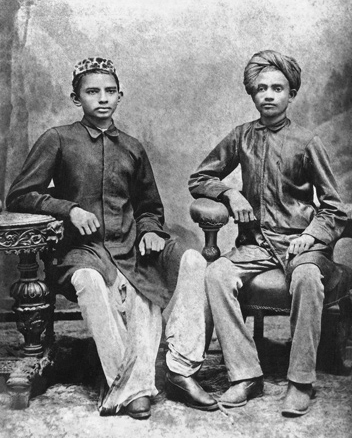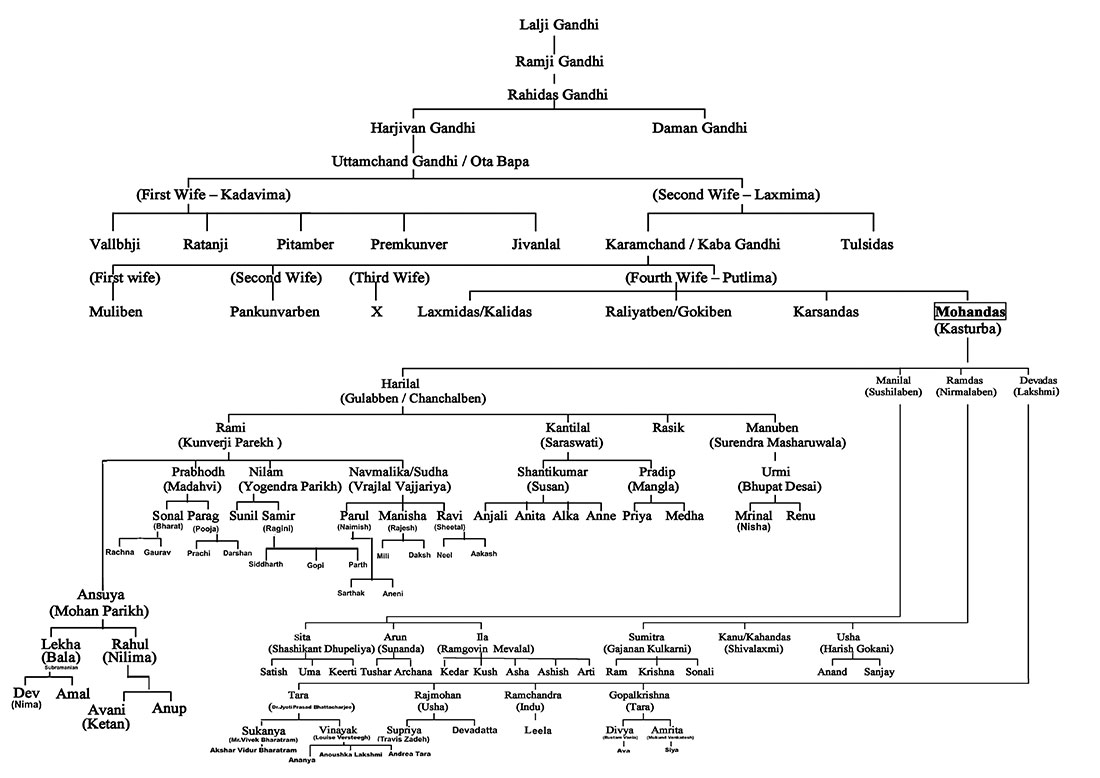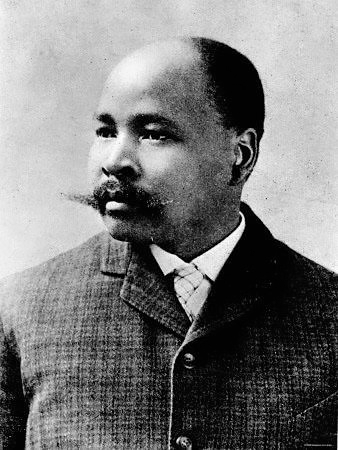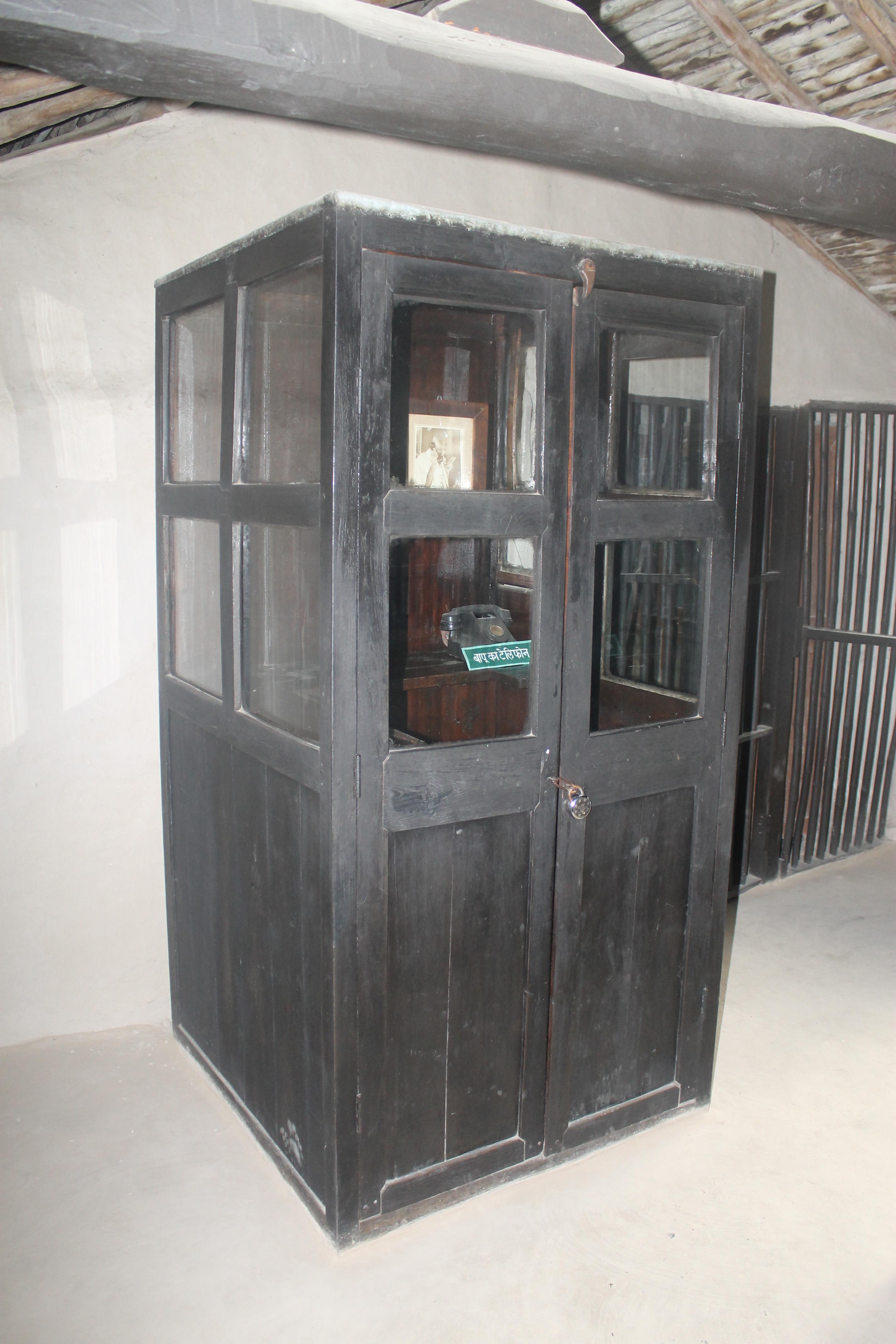|
Manilal Gandhi
Manilal Mohandas Gandhi (28 October 1892 – 5 April 1956) was the second son of Mohandas Gandhi and Kasturba Gandhi. Biography Manilal was born in Rajkot, British India, the second of four sons of Mohandas Gandhi and Kasturba Gandhi. He had an older brother, Harilal, and two younger brothers, Ramdas and Devdas. Manilal's early years were spent in Rajkot, and it was in 1897 he traveled to South Africa for the first time (his father having moved there several years previously). The family lived for a time in Durban and Johannesburg. Between 1906 and 1914, he lived at the Phoenix Settlement (in KwaZulu-Natal) and Tolstoy Farm (in Gauteng), both settlements established by his father. After a brief visit to India (accompanying his parents), Manilal returned to South Africa in 1917 to assist in printing the ''Indian Opinion'', a Gujarati-English weekly publication, at Phoenix, Durban. By 1918, Manilal was doing most of the work for the press, and in 1920, he took over as editor ... [...More Info...] [...Related Items...] OR: [Wikipedia] [Google] [Baidu] |
Rajkot
Rajkot () is the fourth-largest city in the Indian state of Gujarat after Ahmedabad, Vadodara, and Surat, and is in the centre of the Saurashtra region of Gujarat. Rajkot is the 35th-largest metropolitan area in India, with a population of more than 2 million as of 2021. Rajkot is the 6th cleanest city of India, and it is the 7th fastest-growing city in the world as of March 2021."City Mayors World's fastest growing urban areas (1)" . Retrieved 31 December 2016 The city contains the administrative headquarters of the , 245 km from the state capital |
Indian Opinion
The ''Indian Opinion'' was a newspaper established by Indian lawyer and future anti-colonial activist M. K. Gandhi (later known as the Mahatma). The publication was an important tool for the political movement led by Gandhi and the Natal Indian Congress to fight racial discrimination and again civil rights for the Indian community in South Africa. It existed between 1904 and 1915. History In the 19th century, Indians started to be brought to South Africa as indentured servants to fill the growing demands of the South African economy. Alongside various multi-ethnic communities, the Indian community suffered from significant political, economic and social discrimination, administered by a precursor of apartheid. In the aftermath of the Boer War, the government of Boer general Jan Smuts introduced significant restrictions on the civil rights of the Indian immigrant community, giving the police power to warrantless search, seizures and arrests. All Indians were required to carry ... [...More Info...] [...Related Items...] OR: [Wikipedia] [Google] [Baidu] |
Mahatma Gandhi Family
The Gandhi family is the family of Mohandas Gandhi (2 October 1869 – 30 January 1948). Gandhi was the distinguished leader of the Indian independence movement in British-ruled India. Gandhi has been called the Father of the Nation, a title first given to him by Subhas Chandra Bose on 6 July 1944 during Bose's address on the Singapore Radio. On 28 April 1947, Sarojini Naidu too referred to Gandhi with the title ''Father of the Nation''. Gandhi is also referred to as Bapu (Gujarati: endearment for "father") in India, as prime minister Nehru called him at his funeral. In common parlance in India he is often called Gandhiji; 'ji' being a honorific suffix. Gandhi has also been referred to (mostly by British officials) as Gae-ndy or Ga-ndhi as in Hindi the a makes an "ah" sound. Gandhi is commonly known as ''Mahatma Gandhi''; Mahatma meaning "high souled" or "venerable" in Sanskrit; the term 'Mahatma' was used for the first time while he was still in South Africa. In 1883, Gandhi m ... [...More Info...] [...Related Items...] OR: [Wikipedia] [Google] [Baidu] |
1956 Deaths
Events January * January 1 – The Anglo-Egyptian Sudan, Anglo-Egyptian Condominium ends in Sudan. * January 8 – Operation Auca: Five U.S. evangelical Christian Missionary, missionaries, Nate Saint, Roger Youderian, Ed McCully, Jim Elliot and Pete Fleming, are killed for trespassing by the Huaorani people of Ecuador, shortly after making contact with them. * January 16 – Egyptian leader Gamal Abdel Nasser vows to reconquer Palestine (region), Palestine. * January 25–January 26, 26 – Finnish troops reoccupy Porkkala, after Soviet Union, Soviet troops vacate its military base. Civilians can return February 4. * January 26 – The 1956 Winter Olympics open in Cortina d'Ampezzo, Italy. February * February 11 – British Espionage, spies Guy Burgess and Donald Maclean (spy), Donald Maclean resurface in the Soviet Union, after being missing for 5 years. * February 14–February 25, 25 – The 20th Congress of the Communist Party of the Soviet Union is held in Mosc ... [...More Info...] [...Related Items...] OR: [Wikipedia] [Google] [Baidu] |
1892 Births
Year 189 ( CLXXXIX) was a common year starting on Wednesday (link will display the full calendar) of the Julian calendar. At the time, it was known as the Year of the Consulship of Silanus and Silanus (or, less frequently, year 942 ''Ab urbe condita''). The denomination 189 for this year has been used since the early medieval period, when the Anno Domini calendar era became the prevalent method in Europe for naming years. Events By place Roman Empire * Plague (possibly smallpox) kills as many as 2,000 people per day in Rome. Farmers are unable to harvest their crops, and food shortages bring riots in the city. China * Liu Bian succeeds Emperor Ling, as Chinese emperor of the Han Dynasty. * Dong Zhuo has Liu Bian deposed, and installs Emperor Xian as emperor. * Two thousand eunuchs in the palace are slaughtered in a violent purge in Luoyang, the capital of Han. By topic Arts and sciences * Galen publishes his ''"Treatise on the various temperaments"'' (aka ' ... [...More Info...] [...Related Items...] OR: [Wikipedia] [Google] [Baidu] |
Phoenix Settlement
Inanda or eNanda (isiZulu: ''pleasant place'', also possibly, ''level-topped hill'') is a township in KwaZulu-Natal, South Africa that is situated 30 km north-west of the Durban CBD; it forms part of eThekwini, the Greater Durban Metropolitan Municipality. Populated primarily by Zulu-speaking Black Africans, Inanda Township is the home of John Langalibalele Dube, first president of the African National Congress (ANC), as a residence/base of operations of Mahatma Gandhi, and as birthplace of the syncretic Nazareth Baptist Church History Brief Description Inanda Township is one of the original townships in the EThekwini Metropolitan Municipality. In the 1600s Inanda Township was nothing more than an oasis for the few local Indigenous farmers. Until in the late 1700s when white settlers arrived in the area. Then in the 1800s, Inanda Township was used as a 'Reserve' for Black & uneducated people. In 1936, Indian farmers joined life in Inanda. In 1951, July 7, the then governmen ... [...More Info...] [...Related Items...] OR: [Wikipedia] [Google] [Baidu] |
Sevagram
Sevagram (meaning "A town for/of service") is a town in the state of Maharashtra, India. It was the place of Mahatma Gandhi's ashram and his residence from 1936 to his death in 1948. After Sabarmati, Sevagram Ashram holds immense importance due to the residence of Mahatma Gandhi. Overview Sevagram, originally Segaon, is a small village, located about 8 km from Wardha. Gandhi set up what eventually became an ashram in the outskirts of the village. Seth Jamnalal Bajaj of Wardha, a disciple of Gandhi, made available to the ashram about 300 acres (1.2 km2) of land. Near the ashram there is a museum where artifacts of India's freedom struggle are preserved. History When Gandhi started his padayatra (foot march) in 1930 from Sabarmati Ashram to Ahmedabad for the Salt Satyagraha, he decided not to return to Sabarmati till India achieved independence. Gandhi was imprisoned for more than two years. On his release he spent sometime travelling around India. He decided to ... [...More Info...] [...Related Items...] OR: [Wikipedia] [Google] [Baidu] |
Bombay State
Bombay State was a large Indian state created at the time of India's Independence, with other regions being added to it in the succeeding years. Bombay Presidency (roughly equating to the present-day Indian state of Maharashtra, excluding South Maharashtra and Vidarbha) was merged with the princely states of Baroda, Western India and Gujarat (the present-day Indian state of Gujarat) and the Deccan States (which included parts of the present-day Indian states of Maharashtra and Karnataka). On 1 November 1956, Bombay State was re-organized under the States Reorganisation Act on linguistic lines, absorbing various territories including the Saurashtra and Kutch States, which ceased to exist. On 1 May 1960, Bombay State was dissolved and split on linguistic lines into the two states of Gujarat, with Gujarati speaking population and Maharashtra, with Marathi speaking population. History During the British Raj, portions of the western coast of India under direct British rule ... [...More Info...] [...Related Items...] OR: [Wikipedia] [Google] [Baidu] |
Akola
Akola () is a municipal corporation and the third largest city in Vidarbha after Nagpur and Amravati and tenth largest city in Maharashtra. is located about east of the state capital, Mumbai, and west of the second capital, Nagpur. Akola is the administrative headquarters of the Akola district located in the Amravati division, and is governed by the Akola Municipal Corporation. Akola is located north-central of Maharashtra state, western India, on the banks of the Morna River. Although it is not considered a common tourist destination, Akola is an important city due to its history, culture, politics, and agriculture. It also has a prominent road and rail junction in the Tapti River valley that functions as a commercial trading center. Akola is an important educational center with several colleges affiliated with the Sant Gadge Baba Amravati University. The city is developing into a market center. The primary language spoken by the people of Akola is Marathi. History ... [...More Info...] [...Related Items...] OR: [Wikipedia] [Google] [Baidu] |
Salt March
The Salt March, also known as the Salt Satyagraha, Dandi March and the Dandi Satyagraha, was an act of nonviolent civil disobedience in colonial India led by Mahatma Gandhi. The twenty-four day march lasted from 12 March to 6 April 1930 as a direct action campaign of tax resistance and nonviolent protest against the British salt monopoly. Another reason for this march was that the Civil Disobedience Movement needed a strong inauguration that would inspire more people to follow Gandhi's example. Gandhi started this march with 78 of his trusted volunteers. The march spanned , from Sabarmati Ashram to Dandi, which was called Navsari at that time (now in the state of Gujarat). Growing numbers of Indians joined them along the way. When Gandhi broke the British Raj salt laws at 8:30 am on 6 April 1930, it sparked large scale acts of civil disobedience against the salt laws by millions of Indians. After making the salt by evaporation at Dandi, Gandhi continued southward along t ... [...More Info...] [...Related Items...] OR: [Wikipedia] [Google] [Baidu] |
Stroke
A stroke is a medical condition in which poor blood flow to the brain causes cell death. There are two main types of stroke: ischemic, due to lack of blood flow, and hemorrhagic, due to bleeding. Both cause parts of the brain to stop functioning properly. Signs and symptoms of a stroke may include an inability to move or feel on one side of the body, problems understanding or speaking, dizziness, or loss of vision to one side. Signs and symptoms often appear soon after the stroke has occurred. If symptoms last less than one or two hours, the stroke is a transient ischemic attack (TIA), also called a mini-stroke. A hemorrhagic stroke may also be associated with a severe headache. The symptoms of a stroke can be permanent. Long-term complications may include pneumonia and loss of bladder control. The main risk factor for stroke is high blood pressure. Other risk factors include high blood cholesterol, tobacco smoking, obesity, diabetes mellitus, a previous TIA, end-st ... [...More Info...] [...Related Items...] OR: [Wikipedia] [Google] [Baidu] |
Cerebral Thrombosis
A thrombus (plural thrombi), colloquially called a blood clot, is the final product of the blood coagulation step in hemostasis. There are two components to a thrombus: aggregated platelets and red blood cells that form a plug, and a mesh of cross-linked fibrin protein. The substance making up a thrombus is sometimes called cruor. A thrombus is a healthy response to injury intended to stop and prevent further bleeding, but can be harmful in thrombosis, when a clot obstructs blood flow through healthy blood vessels in the circulatory system. In the microcirculation consisting of the very small and smallest blood vessels the capillaries, tiny thrombi known as microclots can obstruct the flow of blood in the capillaries. This can cause a number of problems particularly affecting the alveoli in the lungs of the respiratory system resulting from reduced oxygen supply. Microclots have been found to be a characteristic feature in severe cases of COVID-19, and in long COVID. Mural thr ... [...More Info...] [...Related Items...] OR: [Wikipedia] [Google] [Baidu] |








